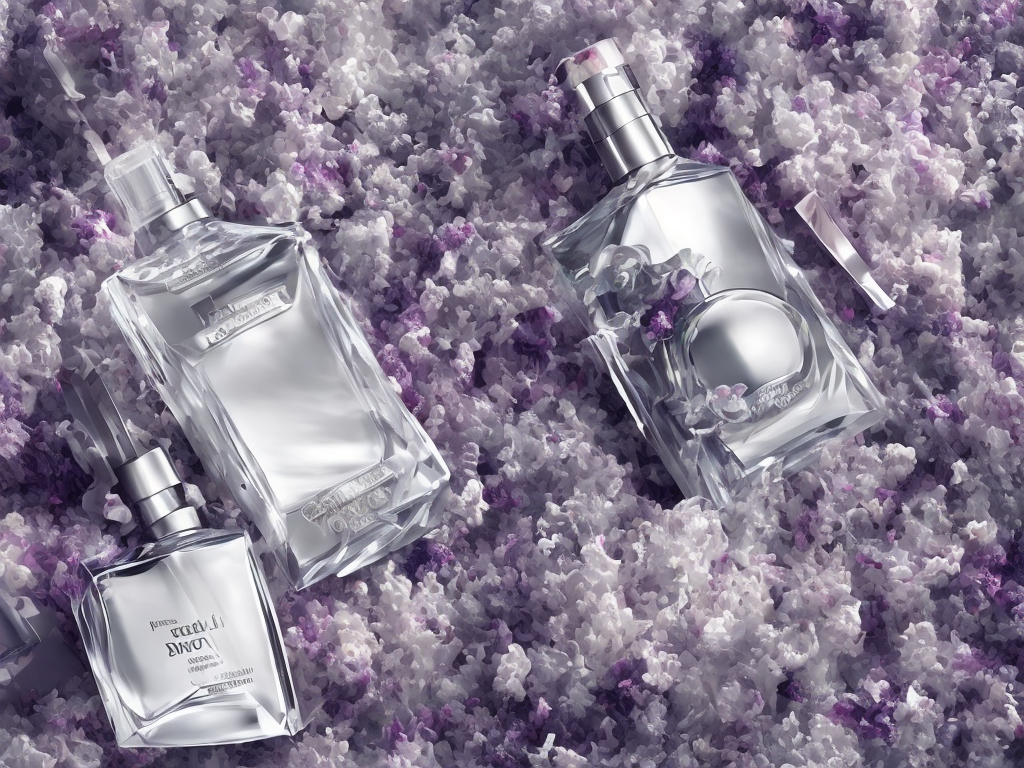
When it comes to shopping for fragrances, you may have noticed terms like Eau de Toilette and Eau de Parfum labeled on the bottles. These terms are often seen as a way to differentiate between different concentrations and intensities of fragrances. But what exactly do they mean, and how do they differ from each other? In this article, we will explore the difference between Eau de Toilette and Eau de Parfum.
Firstly, it is important to understand that both Eau de Toilette and Eau de Parfum are classifications for fragrances. They indicate the concentration of aromatic compounds and oils within the perfume formula, which ultimately determines the intensity and longevity of the scent. The higher the concentration, the more potent and long-lasting the fragrance will be.
Eau de Toilette, abbreviated as EDT, is a lighter form of fragrance compared to Eau de Parfum. It typically contains a concentration of fragrance oils ranging from 5% to 15%. The remaining components consist of solvent, water, and alcohol. Due to its lower concentration, Eau de Toilette tends to have a more subtle and refreshing scent. It is commonly used for everyday or casual wear, as it provides a pleasant, moderate aroma that is less overpowering.
On the other hand, Eau de Parfum, often known as EDP, contains a higher concentration of fragrance oils, typically ranging from 15% to 20%. As a result, Eau de Parfum offers a more potent and longer-lasting scent experience. With its higher concentration, the fragrance tends to linger on the skin for an extended period of time, making it suitable for special occasions or evening wear. The additional oils in the formula allow the fragrance to develop and evolve more gradually throughout the day.
One way to understand the difference between Eau de Toilette and Eau de Parfum is to consider the analogy of a meal. Imagine Eau de Toilette as a light salad dressing that enhances the flavor of a dish without overpowering it. In contrast, Eau de Parfum can be compared to a rich sauce that intensifies the taste and lingers on the palate for a longer time. Just as the dressing and sauce differ in concentration, so do Eau de Toilette and Eau de Parfum in fragrance intensity.
When choosing between Eau de Toilette and Eau de Parfum, it is essential to consider personal preferences as well as the occasion for which the fragrance will be worn. Fragrances, like any form of personal expression, can evoke emotions, memories, and even influence the perception of others. Therefore, selecting the right concentration is crucial to creating the desired sensory experience.
For those who prefer a subtle and fresh scent, Eau de Toilette is a suitable choice. It is ideal for daytime wear in professional environments or casual outings, as it leaves a gentle trail of fragrance without overwhelming others. Eau de Toilette is also a popular option during warmer weather, as its lightness helps to combat the intensity of high temperatures.
On the other hand, Eau de Parfum is recommended for those who seek a more pronounced and long-lasting aroma. It is favored for special occasions, evening events, or when one desires a fragrance that can leave a lasting impression. While it requires a more careful application due to its potent nature, the payoff in terms of fragrance longevity and sillage (the trail of scent left behind) is often worth the extra effort.
It is worth mentioning that the choice between Eau de Toilette and Eau de Parfum is not strictly limited to gender. Both men and women can wear fragrances from either classification, as the distinction lies in the concentration rather than the intended user. The decision should be based on personal preferences and how the fragrance interacts with an individual's body chemistry, rather than societal expectations or marketing labels.
In conclusion, the main difference between Eau de Toilette and Eau de Parfum lies in their concentration of fragrance oils. Eau de Toilette offers a lighter, more refreshing scent suitable for everyday wear, while Eau de Parfum provides a more potent and longer-lasting fragrance experience. The choice between the two classifications should be made based on personal preferences and the occasion for which the fragrance will be worn. So the next time you're shopping for a new scent, consider the concentration of the fragrance to ensure you find the perfect fit for your desired scent journey.
 Self-Instruct
Self-Instruct